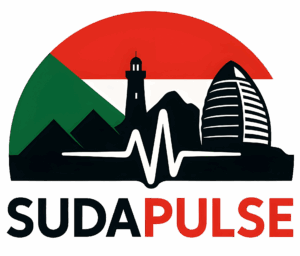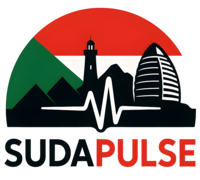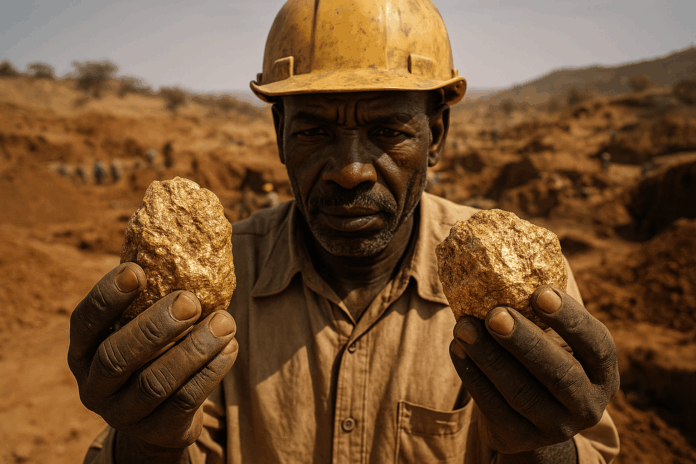Sudan stands as a land of immense natural wealth, offering vast untapped potential that can drive growth, economic stability, and long-term prosperity. From the brilliance of its gold reserves to the fertility of its agricultural plains, Sudan’s resources are central to national resilience and sustainable development.
Gold: A Strategic Economic Driver
Gold has long been a cornerstone of Sudan’s economy. In 2024, the country recorded a surge in gold production, reaching up to 80 tonnes and generating an estimated $6 billion in revenue. Mined across 14 of Sudan’s 18 states, the sector supports the livelihoods of nearly one million people. In towns and villages nationwide, artisanal and small-scale mining provides critical income. Despite logistical challenges and smuggling, gold remains a vital asset in Sudan’s economic portfolio.
Oil Infrastructure: A Legacy of Strategic Importance
Following South Sudan’s secession in 2011, Sudan retained significant oil infrastructure, including refineries and transport pipelines. The Khartoum Refinery, with a capacity of 100,000 barrels per day, plays a key role in refining and distribution. Sudan’s pipeline network also serves as the main conduit for South Sudan’s oil exports, reinforcing economic interdependence between the two nations. This infrastructure continues to underscore Sudan’s strategic importance in the region.
Untapped Mineral Wealth
Sudan is rich in mineral resources, including iron ore, copper, chromium, manganese, and gypsum. The Hassai (Ariab) mine in the Nubian Desert, Sudan’s only industrial-scale gold mine, highlights the country’s mining potential. Additional reserves across the Red Sea region and South Kordofan offer promising opportunities for future exploration and investment. With proper regulation and sustainable practices, the mining sector could significantly expand Sudan’s economic base.
Agriculture and Livestock: The Economic Foundation
Agriculture remains the backbone of Sudan’s economy, employing nearly 80% of the population and contributing approximately 30% of GDP. Key crops include sorghum, millet, wheat, sesame, groundnuts, and cotton. Sudan is also a global leader in gum Arabic production. The livestock sector, comprising cattle, sheep, goats, and camels, plays a crucial role in both domestic sustenance and export revenue. With only a fraction of its 84 million hectares of arable land under cultivation, Sudan holds tremendous potential for agricultural expansion through investment in irrigation and technology.
Towards Sustainable Prosperity
Sudan’s natural endowments present a powerful foundation for recovery and growth. By investing in infrastructure, encouraging responsible resource management, and fostering national unity, Sudan can transform its resource wealth into inclusive and enduring prosperity. This transformation will require strong institutions, sound economic planning, and a renewed commitment to peace and development.
Tags: Sudan natural resources, gold mining Sudan, oil infrastructure Sudan, Sudan agriculture, mineral wealth Sudan, economic development Sudan




